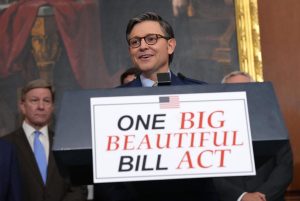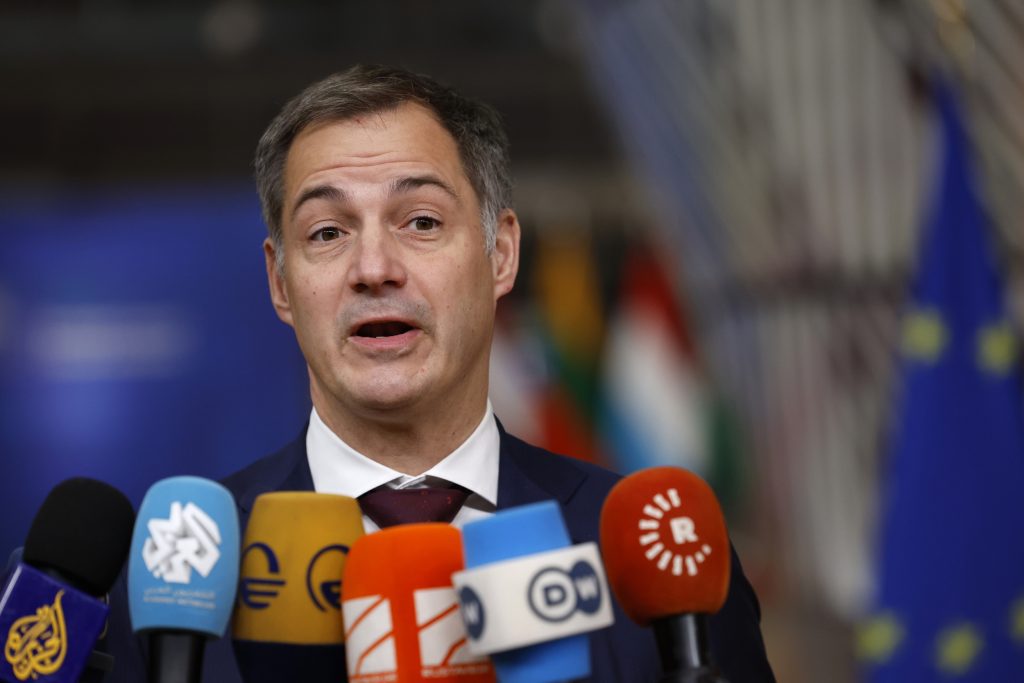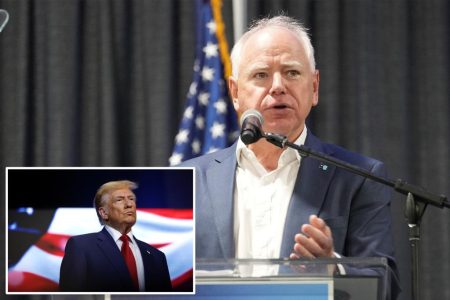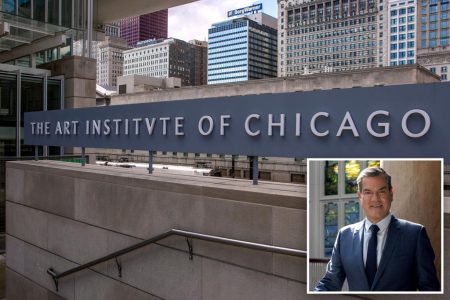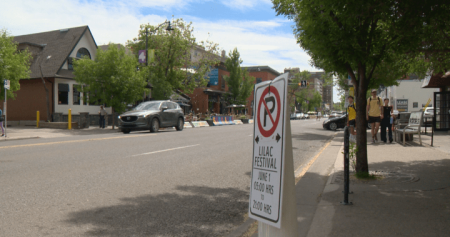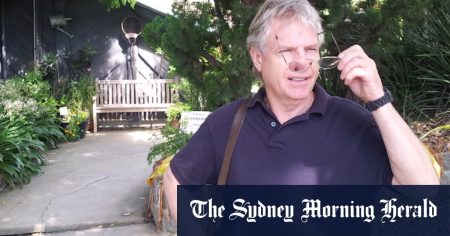The attempted attack on outgoing Belgian Prime Minister Alexander De Croo outside his residence, involving a knife-wielding individual, underscores a concerning global trend of escalating violence targeting political figures. This incident, where the perpetrator was apprehended by authorities, resonates with similar occurrences worldwide, raising alarms about the potential for a broader cultural shift towards violence fueled by pervasive sociopolitical anxieties. De Croo, who remains in office until a new coalition government is formed, expressed his shock and gratitude to the security personnel who swiftly neutralized the threat. The incident necessitates a deeper examination of the causative factors behind this growing wave of aggression directed at political leaders and its implications for global stability.
The incident involving De Croo follows a disturbing pattern of assassination attempts and threats against political leaders internationally. The attempted assassination of Slovakian Prime Minister Robert Fico, who was shot and airlifted to hospital, highlights the vulnerability of political figures even in seemingly stable democracies. Similarly, the pipe bomb attack targeting Japanese Prime Minister Fumio Kishida, while unsuccessful, underscores the potential for unexpected and potentially lethal violence. Even in regions with heightened security concerns, such as the Middle East, the drone attack aimed at Israeli Prime Minister Benjamin Netanyahu’s residence, though he was absent at the time, demonstrates the persistent threat of targeted violence. These incidents collectively paint a picture of increasing hostility and a willingness to resort to extreme measures against those holding political power.
The motivations behind these attacks are varied and complex. In some cases, like the attack on Fico, the perpetrator explicitly stated political disagreements as the driving force. Other incidents, like the attack on Kishida, remain shrouded in uncertainty regarding the attacker’s motives. The attempted attack on De Croo, with the perpetrator’s intentions still under investigation, exemplifies the challenge in understanding the underlying causes of such violence. While some acts may be attributed to individual extremism, the broader context of global unrest, fueled by economic disparities, social polarization, and political disillusionment, potentially creates a fertile ground for such actions.
The increasing frequency of these attacks necessitates a reassessment of security protocols for political leaders. The incident involving De Croo demonstrates the critical role of security personnel in preventing potential tragedies. However, it also raises questions about the adequacy of current protective measures in a climate of escalating threats. Law enforcement agencies must adapt their strategies to anticipate and mitigate these risks, potentially involving enhanced surveillance, stricter access controls, and more proactive threat assessments. The challenge lies in balancing the need for enhanced security with preserving the accessibility and public engagement expected of political leaders in democratic societies.
Beyond the immediate security concerns, these incidents have broader implications for the political landscape. The targeting of political leaders can erode public trust in institutions and create an atmosphere of fear and instability. The potential for retaliatory actions and escalating cycles of violence further threatens democratic processes and social cohesion. The ability of political systems to function effectively under such duress is a critical concern, and it requires a concerted effort from governments, civil society organizations, and individuals to address the root causes of this growing trend.
Addressing this escalating trend of violence against political leaders requires a multi-faceted approach. Enhanced security measures are essential in the short term, but they cannot be the sole solution. It is crucial to address the underlying societal factors contributing to this phenomenon. This includes fostering open dialogue and addressing legitimate grievances within societies, promoting tolerance and respect for differing viewpoints, and countering the spread of extremist ideologies that incite violence. Ultimately, creating a safer and more stable environment for political leaders requires a collective commitment to building more just, equitable, and resilient societies.

